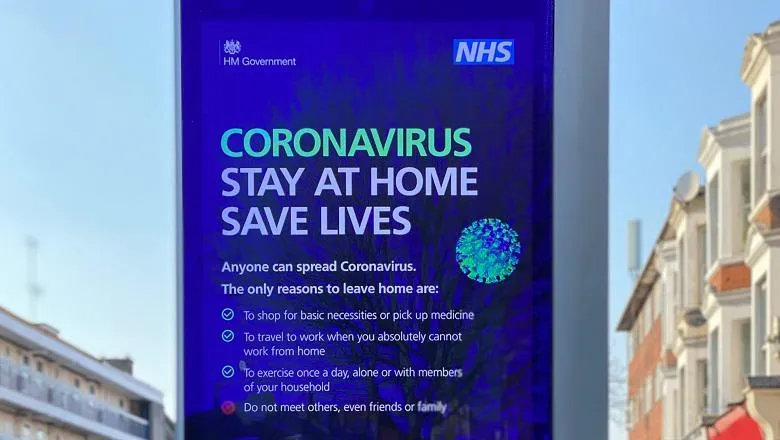We should focus on rebuilding the kind of social support networks that people in vulnerable situations require.
Professor Craig Morgan
29 April 2020
We need to mobilise communities and address the causes of mental ill health in our response to COVID-19
A shift in focus is needed if the UK government is to adequately respond to mental health problems during the COVID-19 pandemic, say academics from the Centre for Society & Mental Health.

Centre for Society & Mental Health co-directors Professors Craig Morgan and Nikolas Rose, speaking on the latest WORLD: we got this podcast, argue that acknowledging it is natural to be anxious in response to the virus, and not necessarily a sign of mental health problems, can help shape the government’s response.
In the short to medium-term, they say the government should support the mobilisation of community networks, ensuring even the most vulnerable in society have someone to talk to. This includes resourcing and supporting existing initiatives such as the call for NHS volunteers, as well those lead by charities, nonprofits and local authorities.
“We risk overamplifying the extent to which there are mental health problems as a consequence of [COVID-19] if we count every period of … anxieties, worries, and so on, as symptoms,” argues Professor Morgan.
“The lockdown actually takes from people the very sources of natural support that might otherwise be available.
Professor Rose also argues that, although the existing ‘wealth of community spirit’ should be recognised, these sources of solidarity cannot substitute for effective political and policy responses.
He says the long-term effects of the continued lockdown are potentially profound on our mental health, particularly for the more disadvantaged and vulnerable groups in society.
He argues that the government should move to reduce mental distress in the long-term by providing support for those people facing income loss, work insecurity and lack of resources, amongst other triggers of mental distress.
The path to good mental health does not lie in better mental health services – however important they are – it lies in tackling the roots of poor mental health.
Professor Nikolas Rose
“This is also what the Marmot review shows – those individuals that are living with fewer social supports are likely to experience greater levels of mental distress.”
“We [also] know that in many disadvantaged communities, austerity has stripped away social support in all sorts of ways.”
One example of support could be providing free internet – a resource that is often the first to go during times of economic hardship.
“Children are now continuing their education via online learning, yet for many disadvantaged households, the internet is the first thing to go to save money. This is one small example of how the pandemic is amplifying or laying bare the inequalities in society,” says Professor Morgan.
“Providing free internet could be a simple way of keeping people connected and supported in these challenging times.”
Listen to more including other ways the government can mitigate mental health problems on the latest WORLD: we got this podcast.

